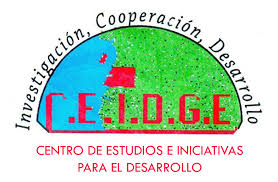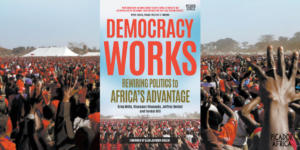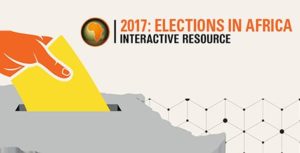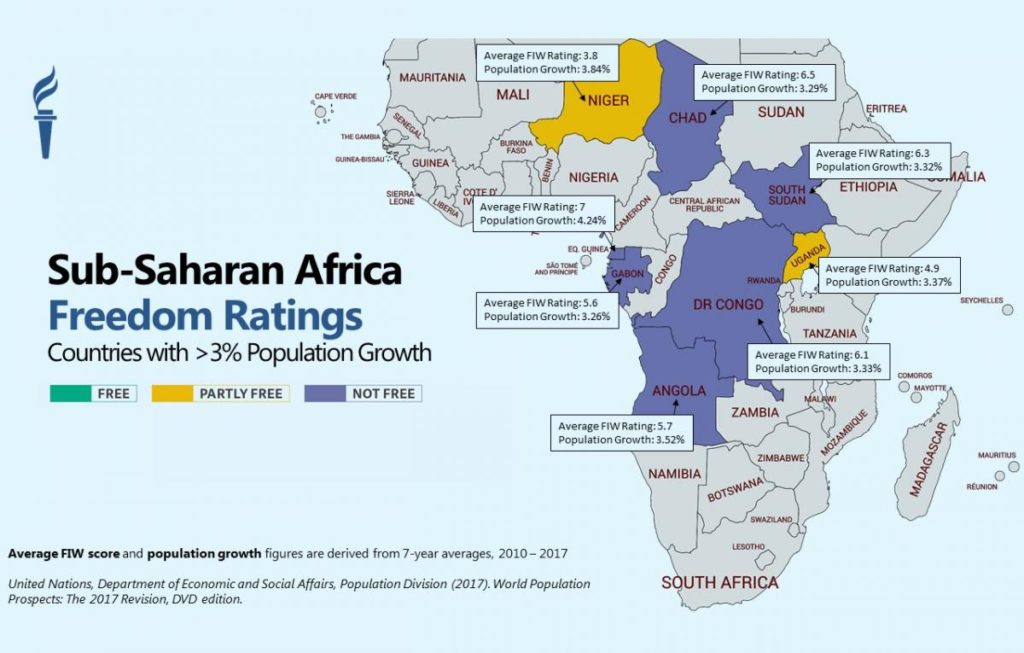The European Union this week announced a Call for Proposals to Support Civil Society Initiatives to Promote Democracy and Human Rights in Equatorial Guinea.
How timely.
The authorities in Equatorial Guinea should immediately rescind their decision to dissolve a prominent civil society organization and allow human rights defenders and activists to work without fear of reprisals, Amnesty International said this week:
 The country’s Minister of the Interior and Local Corporations published on 5 July, a decree revoking the authorization granted to the Center for Development Studies and Initiatives (CEID) – one of the few independent NGOs that denounce human rights violations in the country, which the authorities accused of undertaking political activities.
The country’s Minister of the Interior and Local Corporations published on 5 July, a decree revoking the authorization granted to the Center for Development Studies and Initiatives (CEID) – one of the few independent NGOs that denounce human rights violations in the country, which the authorities accused of undertaking political activities.
“By dissolving this NGO and ending its operations, the authorities have demonstrated that they are not serious about ending the persecution of human rights defenders and independent civil society,” said Marta Colomer, Amnesty International West Africa Senior Campaigner. “Authorities should immediately rescind their decision to dissolve the CEID and allow civil society organizations to carry out their work without fear of reprisals.”
 In April last year, EQ police detained leaders of the CEID, a former partner of the National Endowment for Democracy member of the national steering group of the Extractive Industries Transparency Initiative (EITI), creating another obstacle to the government’s stated goal of reapplying for EITI membership.
In April last year, EQ police detained leaders of the CEID, a former partner of the National Endowment for Democracy member of the national steering group of the Extractive Industries Transparency Initiative (EITI), creating another obstacle to the government’s stated goal of reapplying for EITI membership.
Civil society is a vital player in the complex of democratic actors, from institutions and the rule of law to separation of powers, and pluralism, according to a recent book, Democracy Works: Re-Wiring Politics to Africa’s Advantage. The authors –

Credit: Africa Research Institute
Over the past three months, successive African elections have resulted in deep skepticism from both citizens and international observers. More distressing is the fact that the occasionally violent fallouts, namely in Benin and Malawi, are taking place in environments where relatively resilient democratic foundations have cracked under authoritarian pressures, Vanguard Africa adds:
These examples add to the evidence of a widening fissure between Africa’s often entrenched anti-democratic leaders – whether elected or imposed – and the hopes and demands of the citizens over which they rule. Overall, African citizens continue to support the virtues of democracy, preferring to choose their leaders through open and honest elections (and in accordance with regional and international standards). These firmly held beliefs inevitably undergird a now simmering social tension with national leaders. The breaking points have become all too evident but are also avoidable. RTWT








